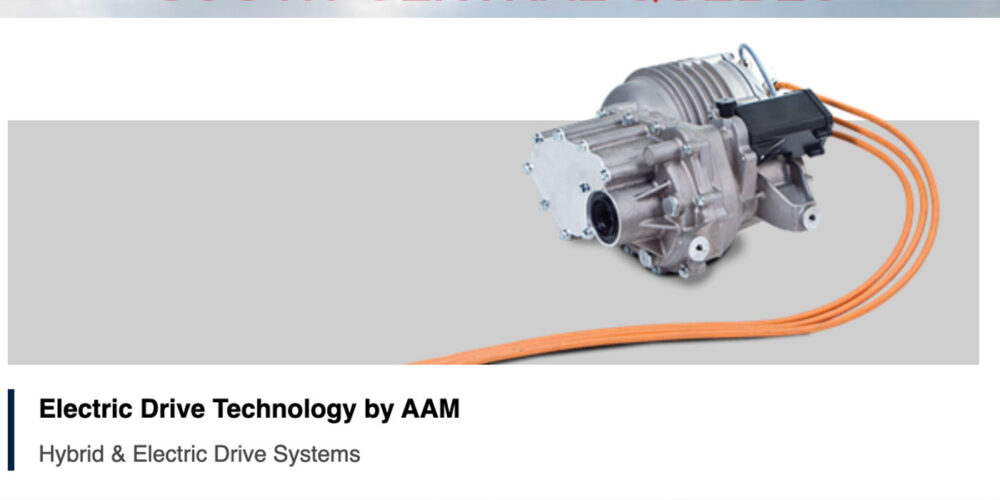From Smart Business Columbus
Alan Feldman, president and CEO of Midas Inc., may not share the ability of his company’s fabled literary counterpart, King Midas, to turn whatever he touches to gold, but much of what Feldman has touched in his 21-month tenure at the automotive aftermarket giant has had a golden effect on the company.
Feldman joined the franchiser – an enterprise in financial crisis – in January 2003. Midas was overleveraged. It owed money on a loan that was set to expire. And sales and profits had been in steady decline for two straight years.
As a result, Midas’ stock price had been battered, and the company’s 2,000 franchisee owners were not only unhappy, they didn’t trust its corporate leadership team.
“Part of it was the challenge I was looking for,” says Feldman, who had tackled franchisee-related issues for McDonald’s as president and COO of McDonald’s Americas. “I had a good sense of some of it before I walked in the door the first day, but not all of it. It became clear as I got deeper into the circumstances of the business.”
The circumstances, however, did not dampen Feldman’s optimism.
“I’ve never had a day when I had second thoughts,” he says. “I think the brand, the franchisees and the opportunity were always there. They needed to be dug out a little harder than I may have originally anticipated, but they’ve all begun to bear fruit.”
Feldman’s approach to turning around Midas included looking past its troubles and staring directly at the organization’s key assets.
“The reason I came to Midas is because of the quality of the brand, the quality of the franchisees and what I thought was a great opportunity to make a difference for both of those elements,” he says.
Righting the ship required quick action, and Feldman immediately enlisted the help of the untrusting franchisees.
“We have not made a major decision that (affects) Midas without involving the International Midas Dealers Association,” Feldman says proudly. “They are an integral part of our management process today.”
Feldman’s stints at McDonald’s and PepsiCo – where he held operations and financial positions at Frito-Lay and Pizza Hut provided a strong background in the franchise business that has served him well at Midas.
“It stretches any executive’s leadership qualities and qualifications in ways that are different than if you’re running a company owned organization,” he says. “You very much have to have a servant-leadership attitude and recognize the franchisees are, in many ways, the channel of distribution that your company has.
“So whether it’s a restaurant company or an automotive service company, when you’re dealing with franchisees, that’s how you go to market. That’s your channel of distribution, and you have to nurture that channel. And you lead from a standpoint of commitment, influence and direction rather than any type of command-and-control attitude.”
It was this vision that won over the franchisees and convinced them to buy into Feldman’s vision of rebranding Midas.
“We certainly brought strength back to the Midas brand over the last 15 months by refocusing our marketing efforts on our core business,” he says. “And that’s our brake business, which has been really the focus of our advertising. Finally, we brought back a great old campaign, ‘Trust the Midas touch,’ which re-enforces the brand and sets us apart in the minds of our customers as it relates to trust.”
Focusing on the core business meant divesting operations that didn’t fit the new look. In 2003, Feldman completed a major restructuring initiative that included outsourcing distribution of Midas brand and other automotive parts to AutoZone in the United States and Uni-Select Inc. in Canada. Midas closed 11 of its 12 regional distribution centers and all 77 Parts Warehouse quickdelivery parts distribution locations.
Feldman reduced the number of company operated shops from 111 to 73 (there are more than 2,700 shops worldwide) and reduced employment at Midas’ headquarters and in the field from 1,900 to 900. “You have to go back a number of years to truly under-stand the scope of the changes in the business environment, how Midas had responded to those changes and some of the effects those changes had on the company,” Feldman says. “To make a long story short, the distribution business, the wholesale parts business that traditionally had been very profitable for Midas, had become very unprofitable and caused the company to become significantly overleveraged.
“Our financial position had gotten fairly weak. We needed to unburden ourselves from the losses and the debt that the distribution business had put on the company.”
Similarly, closing some company-owned stores was an effort to focus the company on its core strengths.
“Reducing the number of company-operated shops really was a strategic decision to focus our efforts in four core markets,” Feldman says. “We had stores scattered around the U.S., which made it very difficult for us to manage those effectively So we sharpened our focus in Florida, in Colorado, in Illinois and the Connecticut area, so we could get better leverage and control.”
Feldman has moved Midas quite a distance in a very short period of time.
“In the first 100 days I was here, we created our mission to become our customers’ most trusted professional and first choice, and we defined what success between now and the end of the decade would be,” he says. “We built a plan around that. We have teams of franchisees, company people and suppliers working to deliver against that plan, and we’re committed to it. We hold ourselves accountable.”
The mission Feldman and his team created includes a plan called Vision 4-3-2-1. Each number represents a specific goal. The “4” stands for a 40 percent increase in same store sales. The “3” targets the organization’s three core service areas brakes, exhaust and maintenance. The “2” represents the goal of doubling dealer profits. And “1” is for executing in a “1Midas-way,” which means one brand and one team delivering a consistent experience in all the company’s locations, Feldman says.
Once Feldman convinced those in the Was family, the investment community followed. Since January 2003, Midas’ stock price has risen from less than $7 a share to the mid-$16 range in mid-September.
“Wall Street clearly sees the direction that we’re trying to move Was,” Feldman says. “We started with a clear vision of what had to be done. Part of that vision allowed our banks to refinance us. We refinanced the company twice based on the strength of our plan and the results we have delivered. That gives us tremendous credibility and financial security.”
And, Feldman says, he’s rebuilt the trust of franchisees, who ultimately are the company’s economic success drivers.
“We’ve embraced the franchisees in everything we do, and they know that,” he says. “They are our constant partners in how we make decisions. We don’t always agree, but we’ve learned to respect and trust each other in terms of how we have to move this business forward. And we have an attitude of win-win, meaning whatever we do has to benefit both of us.”
While Was may be rededicating itself to its core service offerings, the company, needs to offer more than just brakes, exhaust and maintenance, Feldman says.
“We’ve just completed announcing our relationship with Bridgestone/Firestone. We can become a viable supplier to our customers out there,” he says.
Midas has also leapt into the fleet management business, where it can service the thousands of companies that own hundreds or even thousands of vehicles. According to Feldman, this is a $6 billion category with great growth potential.
“We’re just beginning testing on some proprietary data collection, credit cost management tools that we’ll be bringing to the marketplace the end of this year and early-next, which we think will offer fleet administrators a terrific way to have increased visibility and cost management, and should give us a great advantage in selling in the marketplace,” Feldman says. “We don’t want to be a ‘me, too’ and say we’re Was and we can do this.”
All of which has Feldman looking ahead with the same unbridled optimism he came to his job with.
“We’ve told Wall Street that we’ll return to profitability this year as a result of all the changes,” he says. “And I’m a big believer in promises made and promises kept.”
Copyright 2004 Smart Business Columbus. All Rights Reserved.
_______________________________________
Click here to view the rest of today’s headlines.













